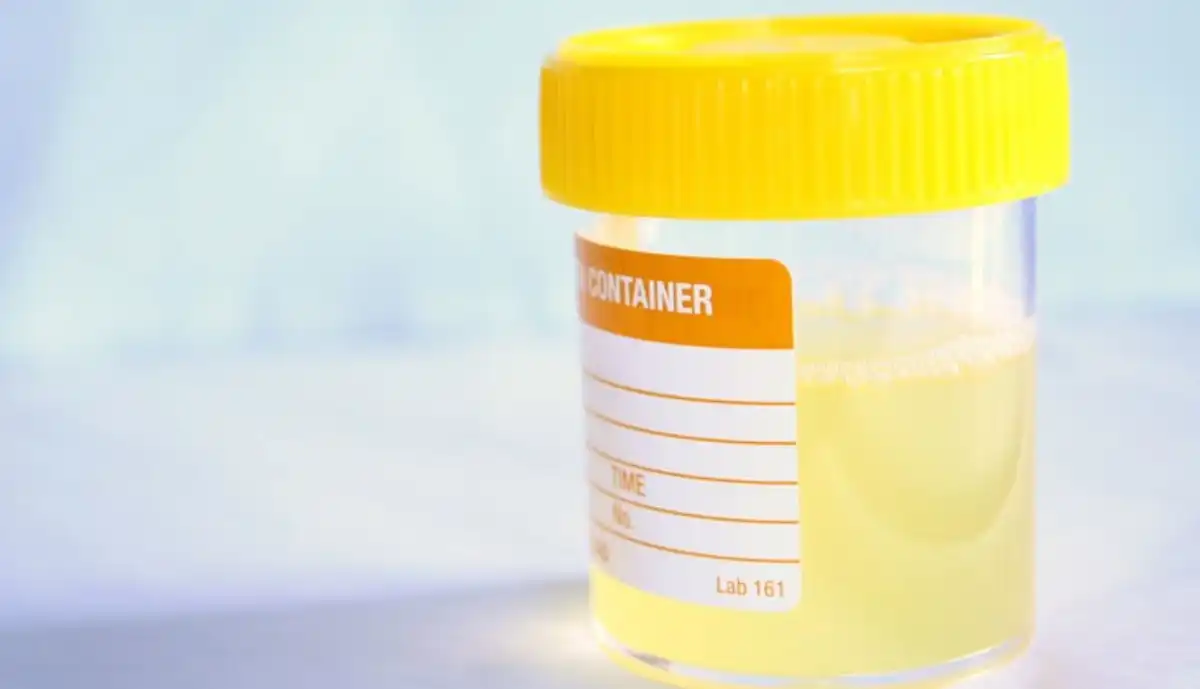Does Urine Hold DNA: When it comes to extracting DNA from usual sources like blood or saliva, there is a common question asked that says does urine hold DNA? Well, before we throw some light on the subject, let’s first gather information about DNA.
DNA is better known as Deoxyribonucleic acid. And this is what makes your biological self. DNA plays a crucial role in extracting information like your age, growth and health.
With the advancement in technology, people use various kits at home to detect their DNA from their saliva, many people wonder if the same results can be achieved using home urine testing kits.
Please know that as compared to your blood and saliva, urine holds only a small amount of DNA. In addition to this, DNA deteriorates quickly in urine and therefore makes it very difficult to produce and extract some reliable test results.
Does urine hold DNA? The answer to this question is explained below along with some other vital information.
We advise you to keep reading so that you learn more about the presence of DNA in urine. You will also read how a urine sample can become a tool to detect your overall health condition along with detecting various diseases.
Table of Contents
Does Urine Hold DNA?
DNA basically made up of phosphate groups, nitrogen bases and nucleotides, including 2-deoxyribose.
The markers used in each strand of DNA are accomplished using blood with the help of epithelial cells and blood cells. These cells are found on the surface layer of your skin. In general, DNA can be found at various places like hair follicles, saliva, blood and decomposing bones.
The question does urine hold DNA can be answered easily after you get to know the presence of epithelial cells in it. It’s because DNA in urine is related to the presence of epithelial cells.
Out of the two sexes, it is better to detect DNA from the urine of females as they have higher number of epithelial cells that tend to enter in urine from their vaginal walls.
DNA Extraction from A Urine Test
Unlike other sources to extract DNA like blood and saliva, it is quite difficult to extract it from urine. It’s mainly because of the low epithelial cells and white blood cell counts as they can directly affect the presence of DNA.
And this makes more challenging for biomarkers to extract it from urine before it starts losing its integrity.
As per some researchers, DNA extraction from urine can be done but it holds a number of limitations like:
- First or second urine has the highest probability to hold DNA. If it does so, the sample can be preserved up to a temperature of -112°F (-80°C). In order to further preserve it, sodium additives are generally used.
- In most cases, the percentage of DNA extracted from urine was found to be based on gender. Researchers revealed while males had the maximum DNA in their first morning urine, women produced good quantities of DNA from afternoon urine.
The question Does urine hold DNA can be evaluated by looking at the perspective of researchers who find it difficult.
On the other hand DNA from blood (and other sources) can be extracted in greater and safer amounts without the risk of biomarker degradation.
DNA from Urine & Early Detection of Diseases
By undergoing urine tests, DNA can be extracted in the form of fragments. If you have a query saying does urine hold DNA, then it all depends on various factors.
A urine sample can also be used to detect a number of health conditions like:
- Ulcers
- Tuberculosis (TB)
- Malaria
- Organ rejection
- Liver disease
- Kidney disorder
- HIV
- Cancer
- Birth defects in fetuses
Conclusion
Does urine hold DNA? The answer to this question is yes. But when it comes to extracting it from a urine sample, the procedure is not easy as it comes with so many challenges.
This is the reason why biomarkers prefer using other sources to extract it like blood, saliva, hair follicles and degenerating bones.
In spite of the above facts, there is no reason why urine samples need to be disregarded at all. It’s because such samples can be helpful to give clues to your overall health and other medical conditions.
While research is going on, the future may see some more urine-based DNA tests available.
In most cases, a doctor prefers to test a sample of your blood and urine for any potential health concerns.
Also Read: Honey Impact: Are There Any Health Benefits of Organic Honey?
